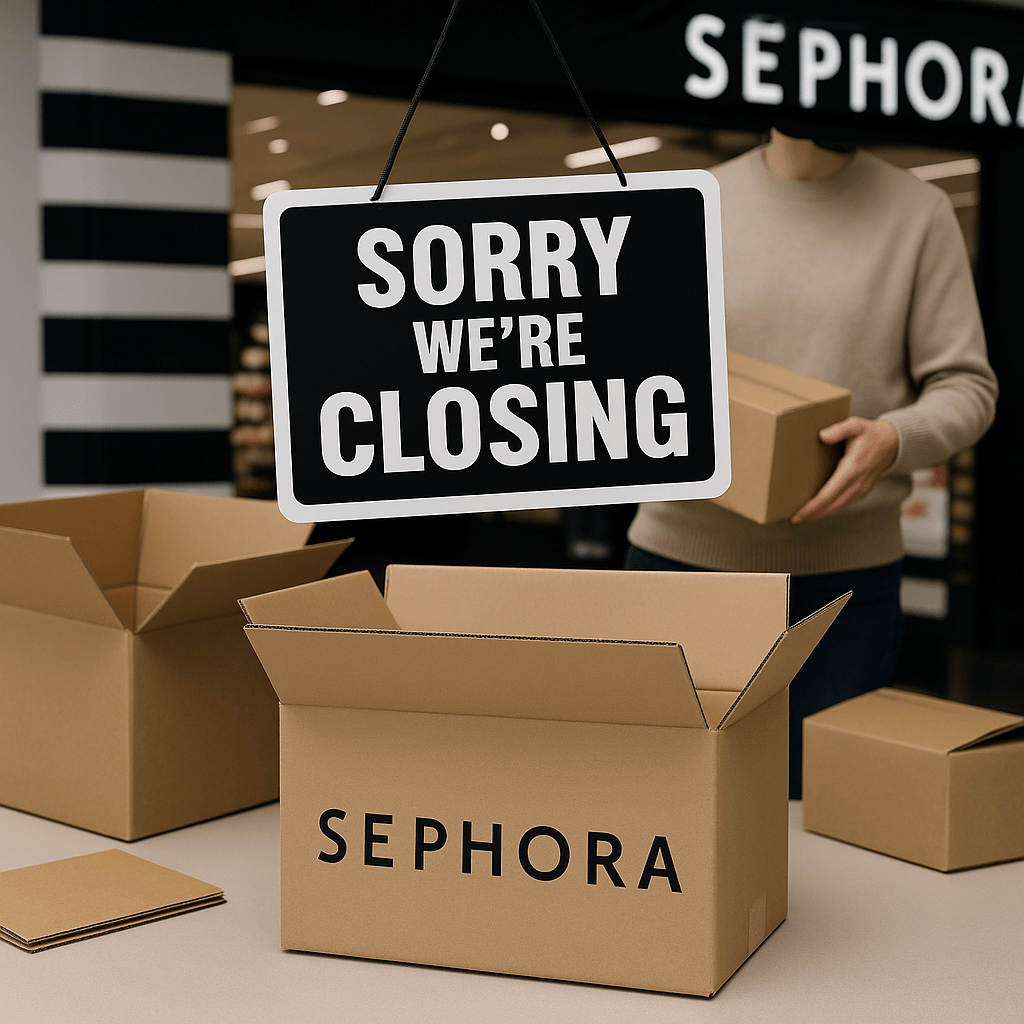In a quiet but telling shift, Western beauty giants are bowing out of South Korea — a market long considered a litmus test for skincare innovation.
CosmeticsDesign‑Asia reports that both Maybelline New York and Wella plan to exit the Korean market by mid‑2025, citing strategic restructuring and unrelenting local competition. Meanwhile, L’Oréal Korea will redirect its focus to brands more aligned with Korean consumer expectations — those grounded in performance, not just brand equity.
What’s behind the exodus?
- A widening credibility gap between formula-first Korean brands and Western imports still leaning on celebrity marketing and decades-old product lines.
- Korean skincare has never been about flashy launches or influencer hype. Instead, it’s rooted in deep listening — to the skin, to science, and to the cultural norms that shape beauty itself.
Korean consumers prioritize hydration, sensitivity, and photoaging, prompting local brands to respond with sophisticated, biocompatible ingredients like multi-weight hyaluronic acid, ceramide complexes, and signal peptides.
These formulas are refined through rapid R&D cycles using digital tools like IoT-based consumer feedback and AI-powered skin analysis. It's a culture of iteration, not assumption.
By contrast, many legacy brands entering the Korean market have struggled to move beyond surface-level adaptation. Even with translation and localization efforts, the products often miss the mark — offering generic solutions in a market that demands precision.
And Korean consumers notice.
They expect skincare to work with their skin's biology, not on it. They demand clinical efficacy, visible results, and a respect for both science and self-care.
The takeaway? In today’s global beauty economy, performance isn’t optional — it’s the price of entry. And as Korea’s influence grows, brands that don’t evolve risk irrelevance.
The future of skincare isn’t just Korean. It’s biotech-forward, culturally aware, and relentlessly ingredient-led.
Share


